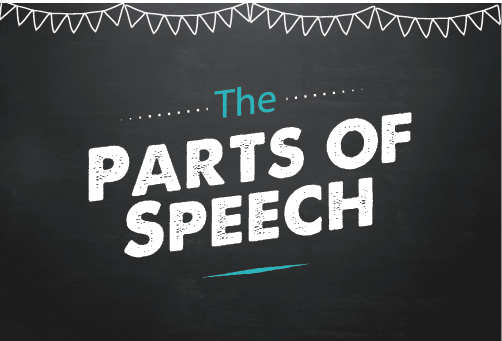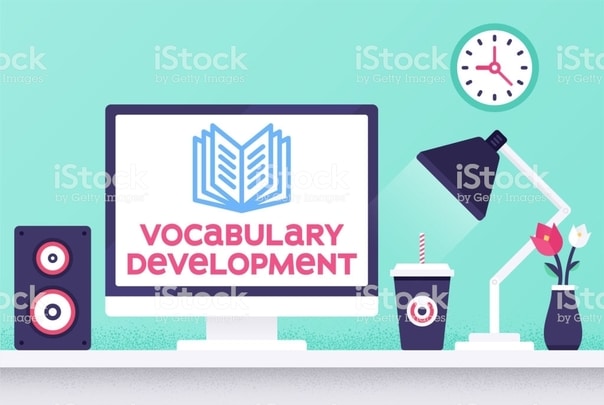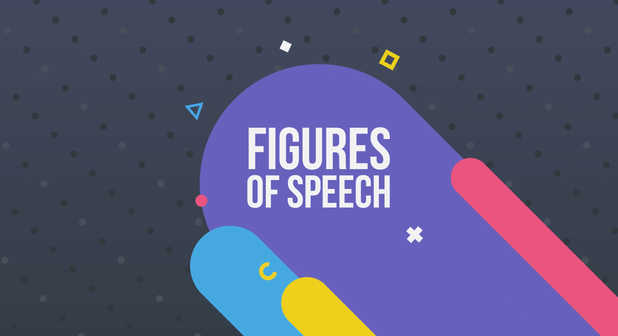Back to: ENGLISH LANGUAGE JSS 2
Welcome to Class !!
We are eager to have you join us !!
In today’s English Language class, We will be contrasting the consonants /f/ and /v/. In Grammar, we will be looking at Conjuctions. We hope you enjoy the class!
Topics:
- Speechwork: Consonant Contrast /f/ and /v/
- Grammar: Conjunctions
- Reading Comprehension: Extracts from ‘Things Fall Apart’
- Vocabulary Development: Newspaper page 235
- Writing: Informal Letter
- Literature: More on Figures of Speech
A. Topic: Consonant
Content: Consonant contrast /f/ and /v/
/f/ /v/
fan van
fat vat
fine vine
fast vast
few view
fault vault
ferry very
safe save
staff starve
belief believe
strife strive
Evaluation: Write ten examples for each sound.
Reading Assignment: Exam Focus English JSCE page 143-144
B. Topic: Parts of Speech

Content: Conjunction
A conjunction is a word used to join expressions. Expressions joined together by conjunctions are words, phrases and clauses. Examples:
There are three main kinds.
Coordinating, correlative, subordinating conjunctions
- Coordinating conjunctions join groups of similar words and sentences e.g. and, but, or
Examples:
They want John and Tina. (two words)
They have finally finished and will soon leave. (two main clauses).
They played their best but they did not win. (two main clauses).
Hussein and Musa are good swimmers. (two words)
- Correlative conjunctions are made up of pairs of words. They join individual words or groups of words. Examples: either—— or, neither—–nor, both——-and, not only——but also hardly——-when, no sooner——-than etc.
Examples:
Lost in the desert, we had neither food nor water.
The crowd likes both my paintings and my sculpture.
The machine not only picks the peas but also shells them.
EitherNgoziorUsman is acceptable.
I had hardly reached home when the phone began ringing.
We had no sooner started for the cinema than our uncle arrived.
- Subordinating conjunctions are used to join clauses of unequal rank. They join subordinate clauses to main clauses. Examples after, before, since, until, when, while, now that, as, where, because, although, even, if, as though, in order that, last, so that, except that, unless etc.
Examples:
After I had finished my work, I took a nap.
I like listening to music while I read.
They were angry because the group last without them.
The baby cries although he has just been fed.
He acts as if he owns this company.
Watch out for the step lest you trip.
Let me know if you can’t make it to the practice.
Although I was angry, I didn’t show it.
Evaluation: Make sentences with these conjunctions: besides, since, when, therefore, until.
Reading Assignment: The New Student’s companion page 115 – 117.
C. Topic: Reading Comprehension

Content: An Extract from ‘Things Fall Apart’
The passage is an extract from Achebe’s Things Fall Apart. Okonkwo has just taken part in the killing of Ikemefuna, his adopted son. The oracle of the village has said that the boy must die but one of the elders tells Okonkwo that he ought not to take part in his son’s death.
Evaluation: Practice 2 (1 – 10) Effective English JS 2 page 92.
D. Topic: Vocabulary Development

Content: Words to do with Newspaper page 235
The press means the newspapers, magazines and the people who produce them
Proprietor: The owner of a newspaper. He/She employs an editor to run it for him.
An Editor is in charge of the day-to-day work of the paper.
Journalists are people who work in various ways to produce the text of the newspaper. They include reporters who go out to collect stories and items of news and correspondents who specialize in one kind of topic or in one area.
The column is the text of a newspaper printed in columns running down the page. Sometimes, a journalist writes a daily or weekly article that appears in roughly the same position in each issue of the paper, this journalist is called a columnist.
Evaluation: Practice 4 (1-7) Effective English JS 2 page 236
Reading Assignment: Effective English JS 2 page 235-236
E. Topic: Writing

Content: Informal Letter
In week 5, you are taught an informal letter and its features. Your task in this lesson is to write an informal letter to your daddy.
Evaluation: Write a letter to your daddy about why you like your new school
Reading Assignment: Exam Focus English JSCE page 6 -14
F. Topic: Literary Devices

Content: Figures of Speech
- Onomatopoeia is a word that echoes or imitates the sounds of the things they represent. Examples: cuckoo, crash, squeak, sizzle, shuffling, rustling, squish, creaking etc.
- Euphemism: This is the presentation of an unpleasant thing in a pleasant way.
Examples: The king has joined his ancestors. (died)
The madwoman has been put in the family way. (Made pregnant).
- Antithesis: This is the choice and arrangement of words to emphasize their contrast.
Examples: Man proposes and God disposes
I toil day and night.
- Oxymoron: Words of opposite meaning or suggestion are used together with one serving as a qualifier for the other.
Examples: A wise fool.
A bittersweet experience.
Panting is a sweet sorrow.
Death is a cruel kindness.
Her pregnancy is an open secret.
- Apostrophe: This is essentially an address to an absent person, a dead person or non- living thing. Examples: O death! Where is thy sting?
Evaluation: Write out two examples for each figure of speech taught.
Reading Assignment: Exam Focus English JSCE page 157
General Evaluation (Revision)
Combine the following pairs of sentences using the conjunctions: and, or, but
- I like fish. I love steak.
- Mom called the doctor. He recommended rest.
- You can go to Lekki. You can stay at home.
- Just listen to me. Please don’t criticize.
- I enjoy sailing. Scuba diving is more fun.
WEEKEND ASSIGNMENT
- Fill in the blank space in each of the following sentences with the correct form of the verb in brackets in front of each sentence.
- I ____ the book in the shelf last week. (put)
- A snake____ the boy last week (bite).
- My teacher _____ me yesterday. (teach)
- He was ____ when I saw him. (eat)
- He has ____like a fish. (swim)
Reading Assignment: The New Student’s Companion by Chris Talbat page 118 – 119 Exercise 21 (A-H)
We have come to the end of this class. We do hope you enjoyed the class?
Should you have any further question, feel free to ask in the comment section below and trust us to respond as soon as possible.
In our next class, we will be contrasting the consonants /l/ and /r/. We are very much eager to meet you there.
